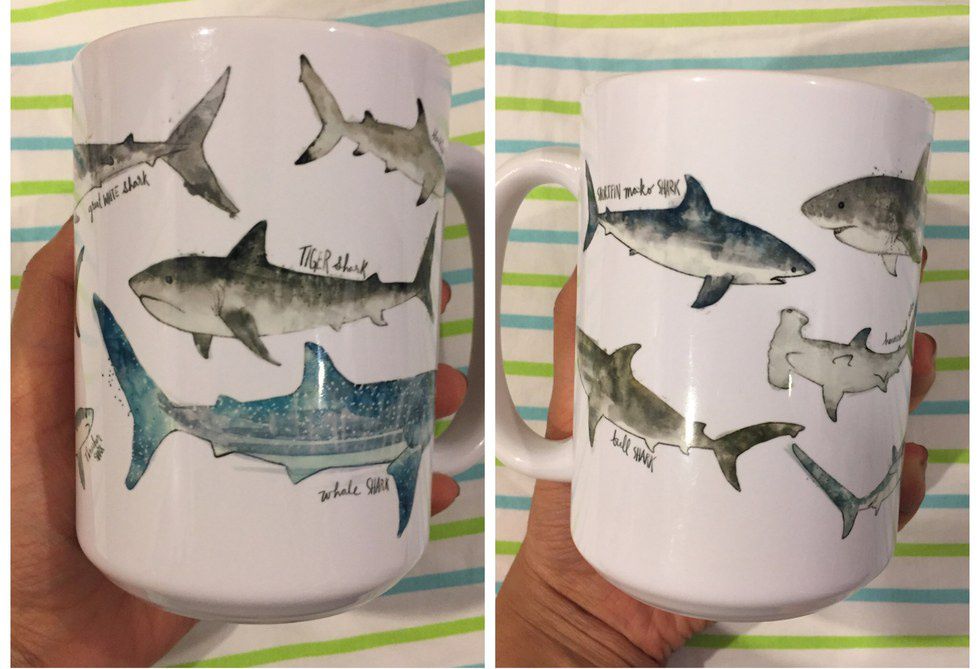Every year when the weather starts to warm up, I wait in anticipation for arguably (at least in my book) the best week of television that there is: shark week! Around this time of year, Discovery Channel annually hosts an entire shark-tastic week of shark-related shows. Each episode aired aims toward raising awareness about sharks, teaching people that these majestic animals are not to be feared and documenting the continuous learning process that scientists and marine biologists go through to augment their ever-growing knowledge about sharks.
Shark week is such an amazing opportunity to not only learn more about sharks, but to also appreciate them for the incredible creatures that they are. There are about 512 known species of sharks as of 2016, but when most people hear the word “shark,” the first (and sometimes only) image that pops into their heads is the great white shark. This can probably be attributed to the famous movie "Jaws," which (as you all probably already know) depicts a humongous man-eating great white.
Movies and media have conditioned us to fear sharks when, in reality, you’re more likely to be killed by a coconut falling from a tree than by a shark. Sharks do not want to eat humans — we are not on their list of prey. Actually, most sharks are (believe it or not) more scared of us than we are of them. Often times, sharks will see a human in the water and immediately swim the other way. They are cautious and unbelievably intelligent creatures. When sharks do attack humans, these attacks are usually provoked. If they’re unprovoked, then the attacks are most likely attributed to sharks’ natural curiosity. Remember that sharks don’t have arms or hands like we do. If they want to inspect something, they can’t pick it up or touch it with fingers. Their way of investigating things is with their mouths. If a shark checks out a foreign object in the water (like a cage or a camera) with its mouth, then it’s no big deal. But if a shark checks out a human by taking a chunk out of a limb, then it could be disastrous. There are simple things that could be done to avoid such unfortunate interactions, though.
For starters, try not to resemble shark-food. Sometimes, sharks attack humans because they mistake us for their typical cuisine. This is why, after taking one bite, they swim off. Some common meals on a shark’s diet include seals, turtles and other fish. That means don’t wear reflective swim wear or anything that might make you look like a shark’s dinner. Also, it’s probably not a good idea to swim at night when sharks are known to hunt and become more aggressive. We have to remember that the ocean is the shark’s natural habitat, not our natural habitat. We are visitors to the shark’s home and we should respect their space. Lastly, don’t do anything to provoke a shark to attack. Divers who spear-fish are often attacked by sharks — in short, don’t attempt to spear fish if you don’t want to prompt a hungry shark over.
Sharks are such misunderstood creatures. They are so much more than the “mindless killing-machines” that they’re so often portrayed to be. I commend Discovery Channel for taking a week each year to teach people just how amazing sharks are and why it is important that we help them thrive. This year’s shark week has unfortunately just come to an end, but until next year, I’ll be re-watching the episodes I recorded and sipping tea from my awesome shark mug. Happy shark week, everyone!





















